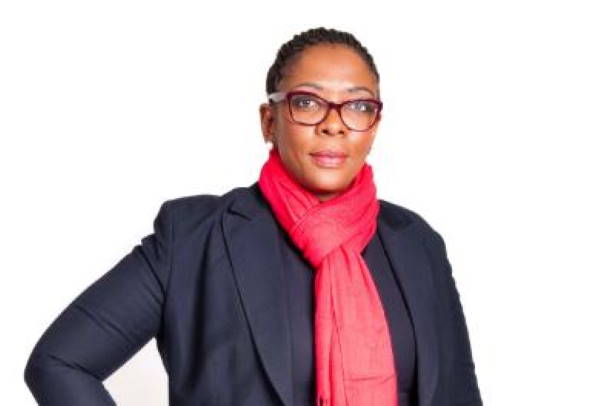In a world full of design flaws subconsciously set against women, it is inspiring to have a woman advocating for the presence of other females, especially in industries weighted towards men.
As the CEO of the Fibre Processing and Manufacturing Sector Education and Training Authority (FP&M SETA), Ms Felleng Yende has the gargantuan task of managing the SETAs 13 sub-sectors’ daily operations. She further ensures each sub-sector and the collective SETA deliver on their mandate of creating an employable workforce in the advent of the fourth industrial revolution.
As a champion for transformation, Yende not only bears the responsibility with expedient efficiency but her award-winning leadership further accelerates the progress of South Africa’s biggest SETA closer to actualising the National Development’s Plan (NDP) of eradicating poverty, unemployment and inequality by 2030.
To address future and emerging skills, Yende had the vision and foresight to partner with Forestry South Africa, to develop a ‘virtual reality’ application that gives trainee chainsaw operators a chance to test the skills they have learned in the classroom in a virtual forest. The aim of developing the application is to provide training service providers with a tool that will help prepare trainees for taking that big step from the classroom to the field for the practical component of their training. The application provides trainees with an opportunity to practice with a chainsaw in their hands in a totally safe ‘virtual’ environment and allows trainers to test their competency – at relatively low cost.
Yende’s commitment to implementing skills development projects in the sector outcome of alignment to Government’s vision for the creation of decent jobs, has been one of her trademark successes. The realisation of these projects is due to her focused engagements with industry for employment-based training, thus committing employers to guarantee job placement post training.
FP&M SETA has partnered up with the National Clothing Bargaining Council with a vision of delivering over 6 000 new jobs by 2025. In light of the outcomes of the Jobs Summit of 2019, the creation of decent, quality and sustainable jobs is a Government priority and a human rights issue. Yende facilitated the Board approval of funding of approximately R11 million for the National Bargaining Council Clothing and Textiles Job Creation Project.
Another project that was successfully conceived by Yende was The Celrose Clothing 600 Job Creation Project. Celrose Clothing is a large clothing employer that manufactures branded clothing for large retailers such as Edgars, Truworths and Woolworths. This project is also aligned to the “Buy Local” and “Proudly South African” campaign. Celrose Clothing intends recruiting a further 600 unemployed youth from previously disadvantaged and designated groups during the 2019/20 financial year and the FP&M SETA Board has approved funding to the value of R5 million for the implementation of this project.
Currently, Yende’s focus is the fourth industrial revolution, focusing on new and emerging scarce and critical skills that will give the industry a competitive advantage and ensure that they become more sustainable in the medium to long term. It is Yende’s dedicated passion to promote the economic growth of FP&M industries.
“The fourth industrial revolution will bring us advanced robotics and autonomous transport, artificial intelligence and machine learning, advanced materials, biotechnology and the internet of things that will transform the way society works and lives. South Africa’s future workforce will need to align its skills set to keep pace with these developments, and this is where we have aligned the SETA’s research agenda, as it enables industry to keep abreast of the technologies and the trends that will inform our skills development initiatives of the future.”, concluded Yende.












